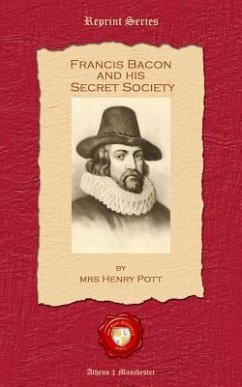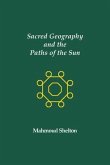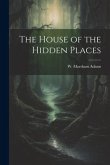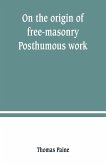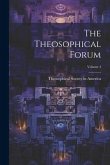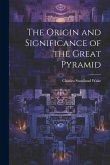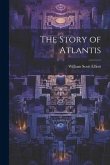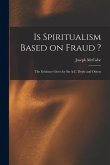Bacon's most intimate friends, and correspondents seem to have been all either Rosicrucians, Freemasons or Illuminati, as, in Italy and parts of Germany, they were some times called. Their names continually appear in connection with the works produced under the auspices of these societies; their portraits often include the recognised marks of distinction; their very graves comply with the rules of the section of the society to which they belonged. It is not concluded, from the evidence which has been collected, that Bacon originated secret societies, or that there were no religious fraternities or trade guilds, before his time, possessing secrets which they kept for mutual help and protection. On the contrary, all evidence goes to show that such institutions did exist, in a rude and inefficient condition; that in all probability Sir Nicolas Bacon and others had conceived a thought of attempting to consolidate or erect some such society, for the purpose of reviving learning, and of promoting unity in religion. But it remained for the genius, energy, and untiring devotion of Francis Bacon to accomplish these things, and he seems to have been peculiarly educated for the purpose. The Rosicrucians and the Freemasons speak in their books of the necessity for a "univesal language''. This language is to be partly by sings, but also largely by symbols or emblems. It is the language of the "Renaissance''. A collation of passages shows that all the metaphors, similes, and emblems of the Rosicrucians and Masons, and all of the works which we connect with them, are included in the works of Bacon. The greater contains the less, and the language is his. No one has since improved upon it, although many have paraphrased and diluted his words, as well as his original thoughts.
Bitte wählen Sie Ihr Anliegen aus.
Rechnungen
Retourenschein anfordern
Bestellstatus
Storno

